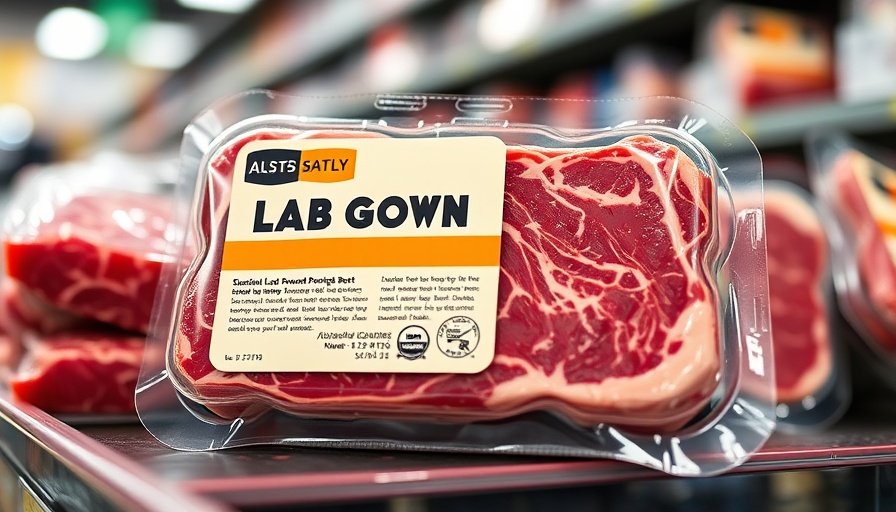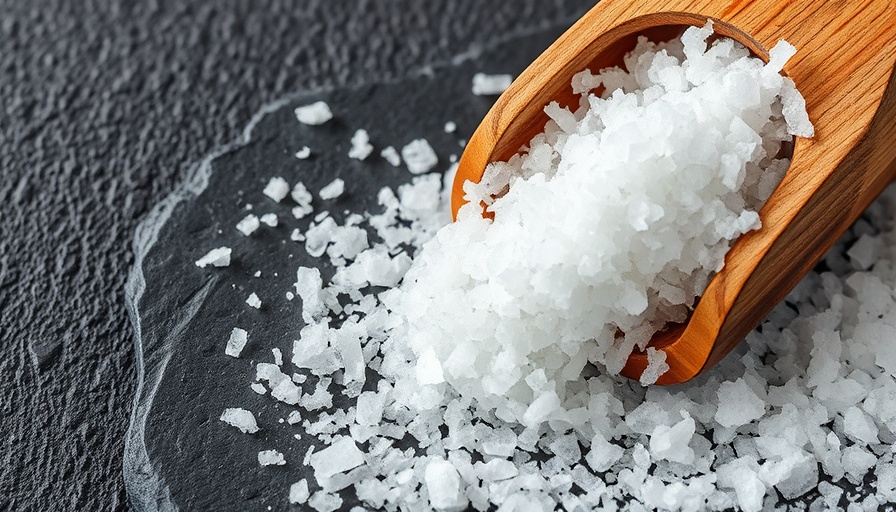
Unlocking the Future of Food: Cultivated Meat's Safety Benefits
Have you ever wondered if we can enjoy meat without the downsides associated with traditional farming? Cultivated meat, often framed as "clean meat," might just be the answer. Developed from muscle cells, this meat is not only kinder to the planet but potentially safer for our health.
Why Food Safety Matters
In recent decades, food poisoning incidents have surged dramatically. Millions in the U.S. suffer from foodborne illnesses each year, primarily due to contaminated meat products. Common culprits like E. coli, Salmonella, and Campylobacter thrive in factory farming conditions. However, cultivated meat's process eliminates intestinal contamination, significantly reducing these harmful pathogens.
Visualize the Difference
Shopping for meat can be daunting, especially when considering the risks of contamination. Most poultry and meats can still harbor harmful bacteria, raising questions about food safety. Cultivated meat sidesteps that concern entirely; since it’s grown without guts or digestive systems, the risk of fecal contamination is virtually non-existent. Imagine buying meat that doesn't require extensive cooking to kill bacteria!
Environmental and Ethical Considerations
Cultivated meat presents an eco-friendly alternative, capable of lowering greenhouse gas emissions by 96% compared to traditional farming. Not only does it have the potential to mitigate climate change, but it could also improve animal welfare by reducing the need for factory farms altogether, a significant step toward ethical consumption.
Are We Ready for This Change?
As we ponder the growing necessity for sustainable practices, understanding the benefits of cultivated meat is essential. It’s not just about satisfying cravings for meat; it’s about innovating our food supply chain for health, environment, and ethics. The future of food isn't just about what we eat but how we ensure that it’s safe and sustainable for generations to come.
 Add Row
Add Row  Add
Add 




 Add Row
Add Row  Add
Add 

Write A Comment